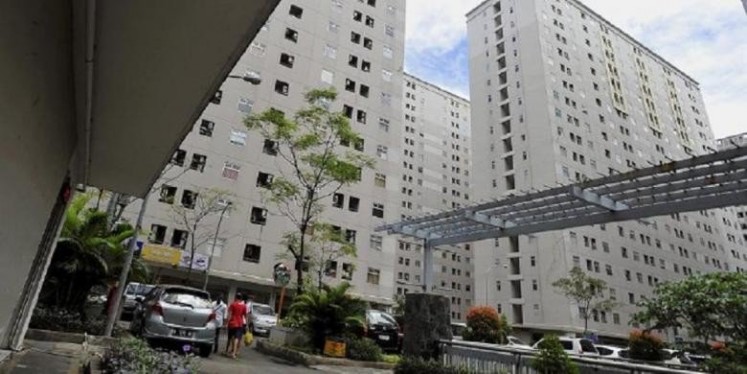Banks need to improve IT to meet demands of booming Asia Pacific
As customers become more sophisticated, banks in Asia Pacific, including Indonesia, have no choice but to revamp their technology platform to meet changing demands of customers, a group of finance and technology experts has said
Change Size

As customers become more sophisticated, banks in Asia Pacific, including Indonesia, have no choice but to revamp their technology platform to meet changing demands of customers, a group of finance and technology experts has said.
TS Anil, Standard Chartered Bank's global head for retail and personal banking, said Thursday that improved technology would be needed to meet the needs of the growing middle class in the region.
He said that the surge in personal income had significantly drove up the Asia Pacific's share of global wealth.
'With the growth, we are also seeing changes in how customers use banking services and channels. They demand more and more services. In the end, banks must rethink their business models,' he said in Singapore on Thursday during the 10th Asian Financial Services Congress, held by research firm IDC Financial Insights.
Anil said that people's behavior regarding credit card use had also evolved and that would result in credit card-driven transaction volume in the Asia Pacific estimated to reach US$13 billion in 2018, up from $5.3 billion in 2012. 'A significant migration away from cash will occur,' he said.
According to the World Wealth Report ' produced and published in 2013 by consulting firm Capgemini and Royal Bank of Canada Wealth Management ' the Asia-Pacific region came in second place in total share of global wealth after North America in 2012.
Asia Pacific's high net worth individual (HNWI) population ' defined as people having investable assets of $1 million or more,
excluding primary residence, collectibles, consumables and consumer durables ' rose by 9 percent to 3.68 million and generated $12 trillion in wealth, 12.2 percent higher from a year before.
On the other hand, North America reported a 11.5 percent increase to 3.73 million in its HNWI population and a 11.7 percent surge to $12.7 trillion in the amount of wealth.
Meanwhile, Indonesia's own HNWI population climbed 16.8 percent to 37,600 and the wealth rose by 17.9 percent to $125 billion in 2012.
Meanwhile, Sanjoy Sen, ANZ's managing director for Asia Pacific retail banking, said that banks that adopted digitalization would be able to boost their net profits by 35 percent to 45 percent as the new technology would reduce costs.
IDC Financial Insights research director Michael Araneta shared Sen's view, saying that 250 top Asia-Pacific banks had reported a drop in their average operating cost-to-income ratio by heavily investing in technology.
'Our research shows that the ratio fell to 44.2 percent in 2014 from 50.1 percent in 2004. Their operations have become more efficient,' he said. Among those surveyed by the IDC were Indonesia's top 10 banks; Bank Mandiri, Bank Rakyat Indonesia (BRI), Bank Central Asia (BCA), Bank Negara Indonesia (BNI), CIMB Niaga, Bank Danamon, Bank Permata, Panin Bank, Bank Tabungan Negara (BTN) and Bank Internasional Indonesia (BII).
Contacted separately, Mandiri president director Budi Gunadi Sadikin said that this year, the bank allocated around $125 million to $150 million for its information technology development, rising slightly from 2013, as it looked to expand its digital services users.









